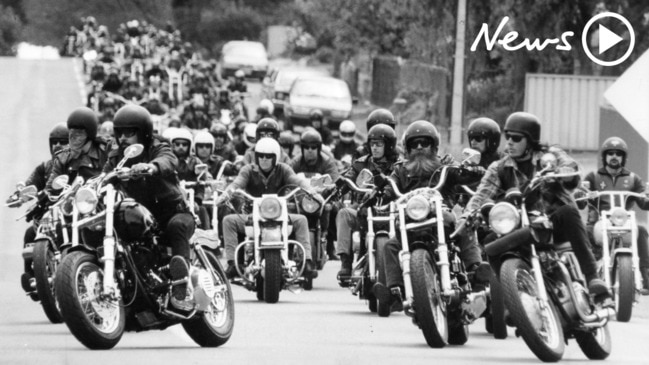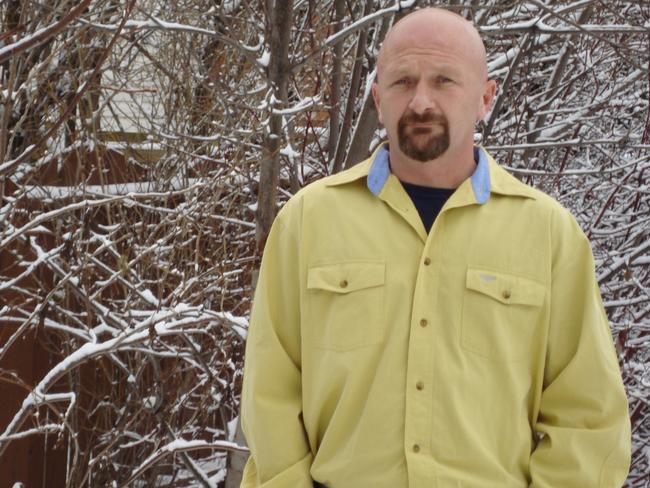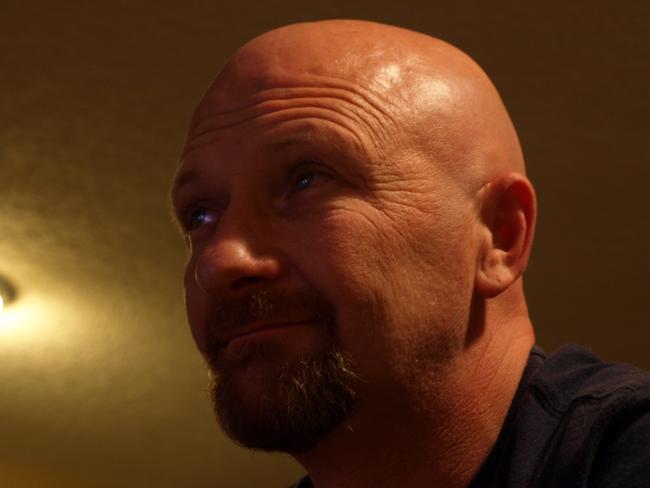Bandidos bikie gang infiltrator granted refuge in Canada
A QUEENSLAND man has reportedly been granted refugee status in Canada amid fears for his life after he infiltrated the Bandidos bikie gang.

Breaking news
Don't miss out on the headlines from Breaking news. Followed categories will be added to My News.
AN AUSTRALIAN man has reportedly been granted refugee status in Canada amid fears for his life after he infiltrated the Bandidos bikie gang.
Canada’s Immigration and Refugee Board (IRB) granted Stevan Utah refugee status after hearing evidence about how he had acted as an undercover informant for the Australian Crime Commission (ACC) during an operation against bikie gangs in 2006, the ABC reported on Monday.
The decision by the IRB is considered highly unusual given Mr Utah comes from Australia, which while a democratic country has been found to be lacking when it came to protecting him.
Mr Utah, a former soldier, fled Australia after his cover was blown and Bandidos members tried to kill him on Queensland’s Sunshine Coast.
He revealed his extraordinary story in the book Dead Man Running, which reveals how the Bandidos bikie gang worked, how he arranged the security of their clubhouses and ‘cooked’ ecstasy and ice during the 10 years he was a member.
MORE: Major players in the Bandidos bikie gang
MORE: Who are the Hells Angels bikie gang?
MORE: The story behind the Rebels bikie gang
MORE: How the Comancheros became the most vicious bikie gang

Mr Utah also describes being a witness to vicious beatings, executions and stolen military weapons being sold, including rocket launchers.
The IRB ruled that Mr Utah had presented “clear and convincing evidence” of the failure by Australian authorities to provide him with adequate protection from the Bandidos.
“I do find that the claimant would more likely than not face a serious risk to his life, almost immediately on his return to Australia,” IRB member Jodie Schmalzbauer wrote in a judgment obtained by the ABC.
Mr Utah told the ABC in a statement he was “pleased for Australia” that new anti-gang and corruption entities had formed since he fled.
“But the fact is, I am now not Australian,” he said.
“Protection is questionable at best and it was found there is not and was not any ‘internal flight avenue’ available to me.
“What was done to me years ago is not the cause of current serving members of policing agencies … nor did the sitting (Federal) Government do this to me.
“But the institutions they currently serve most certainly did.”

The former soldier fled Australia after Bandidos members tried to kill him on Queensland’s Sunshine Coast.
Australian National University international law expert Matthew Zagor said the refugee protection ruling on September 29 last year was unprecedented.
“This is the only case that I’m aware of, of an Australian citizen being recognised overseas by a tribunal on the basis that there’s an absence of state protection,” Associate Professor Zagor told the ABC.
He said Canada had a very thorough process for determining refugee and protection status.
“It’s a difficult argument to make, no doubt,” he said.
In 2013 he gave an interview to the The Courier Mail explaining how bikie gangs drew members into their criminal activity.
Mr Utah said 90 per cent of those who joined a club did not do it to be actively involved in organised crime.
“As a ‘prospect’, you are required to do anything asked of a patched member, your chapter and club. It is a lot more than cooking a barbecue, cleaning the floors and washing bikes,” he said at the time.
“You may be asked to assist in recovering a drug debt, delivering drugs or simply beat on someone that has done something to the club. You are groomed into being a criminal.”
He said people joined clubs for various reasons including having friends or family members in the club, wanting to find a family environment or because they love Harley Davidson motorcycles.
“Violence is generally kept in-house. It’s generally a few individuals with a personal vendetta that recruit their club brothers, create a full-scale conflict in the public eye and the media jumps on it,” he said.
“But the simple fact a band of brothers can be recruited so quickly for a public conflict is dangerous to society. This was the case with Zervas, Ballroom Blitz and recent events on the Coast.”
Originally published as Bandidos bikie gang infiltrator granted refuge in Canada
